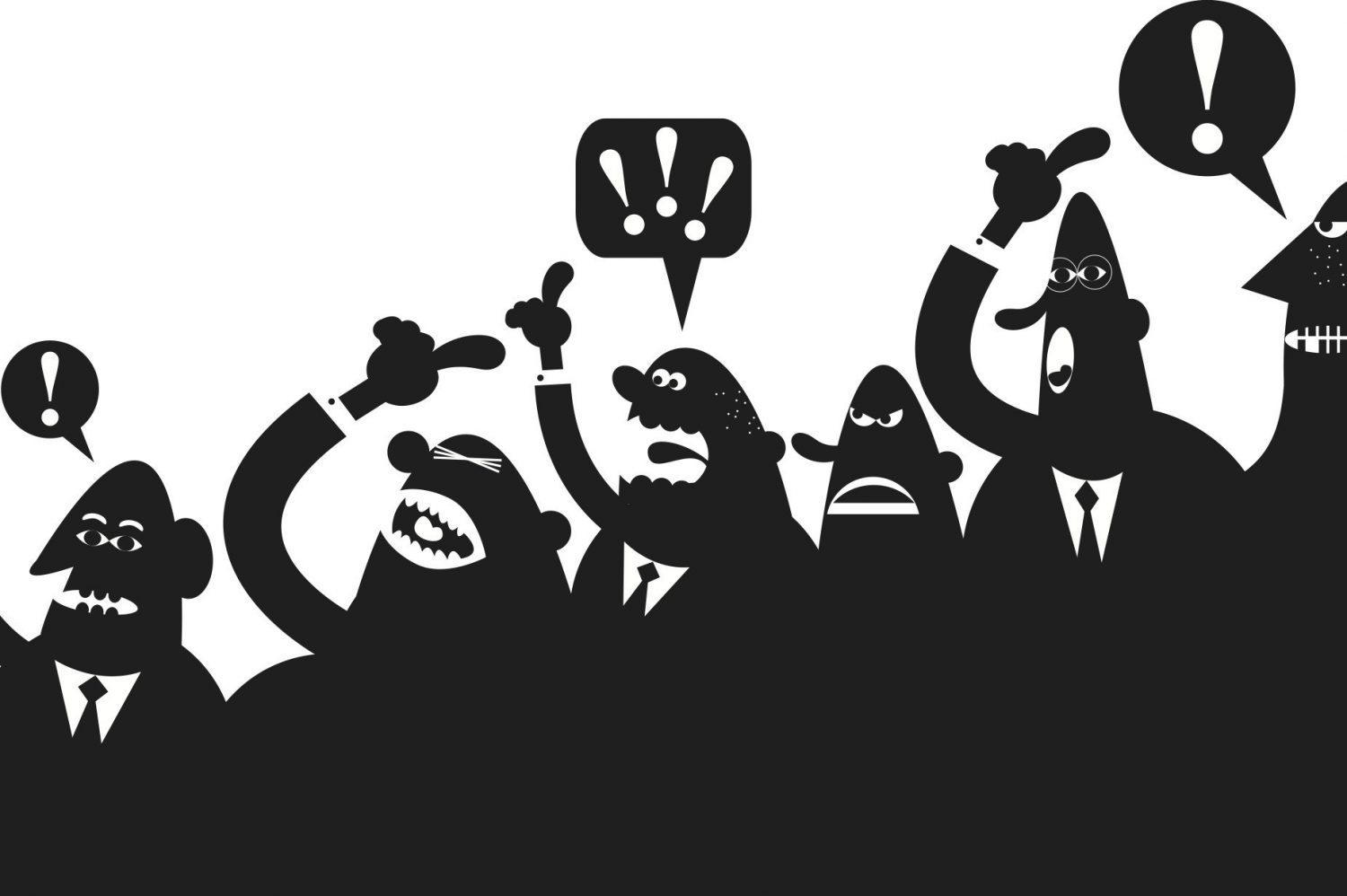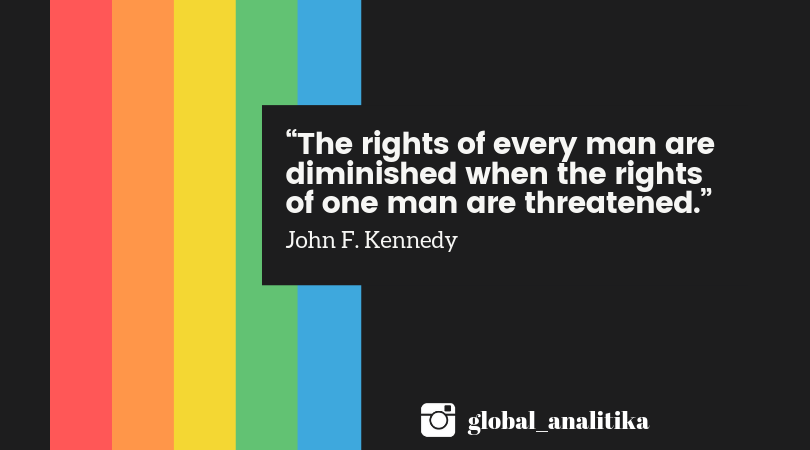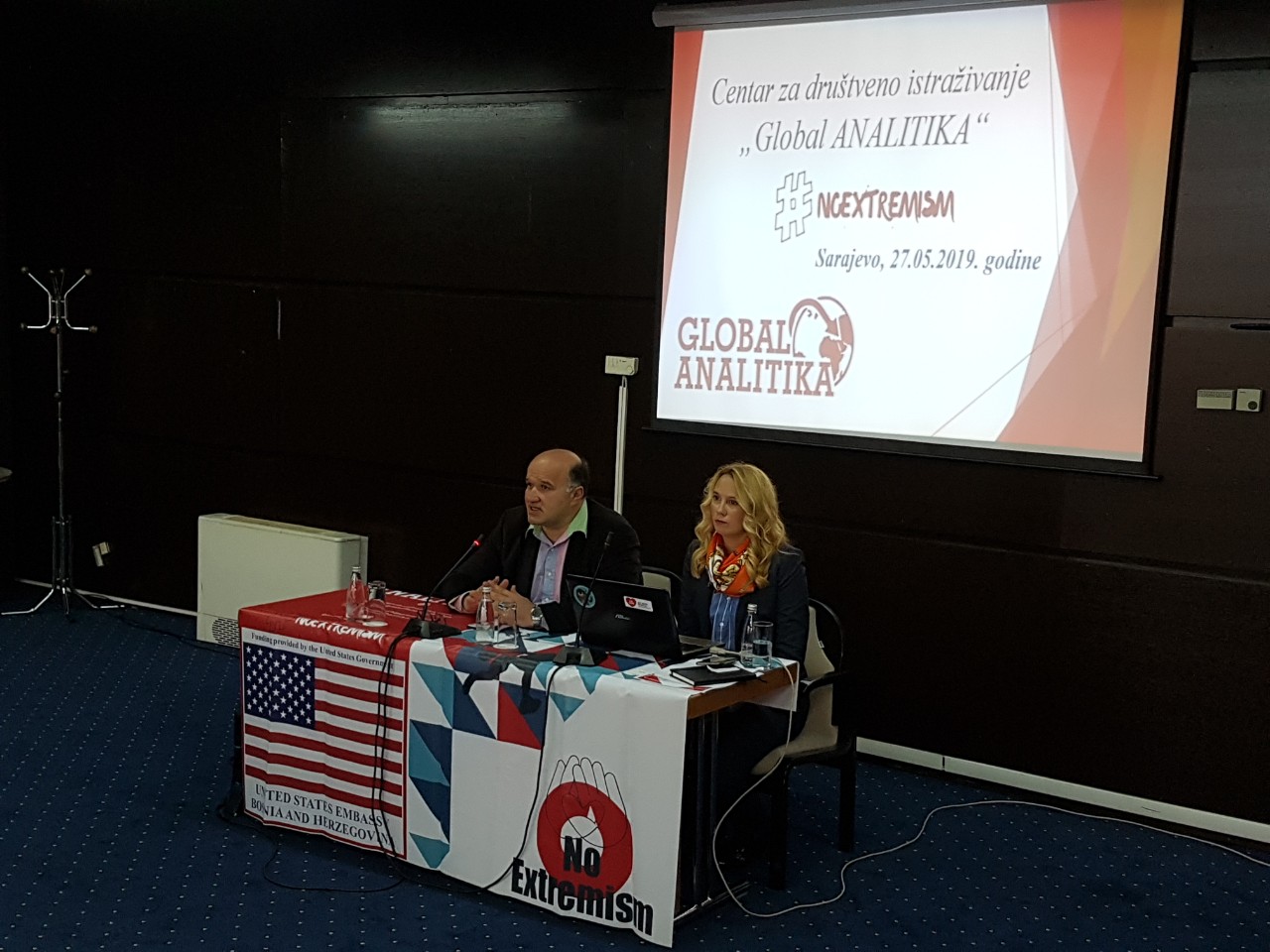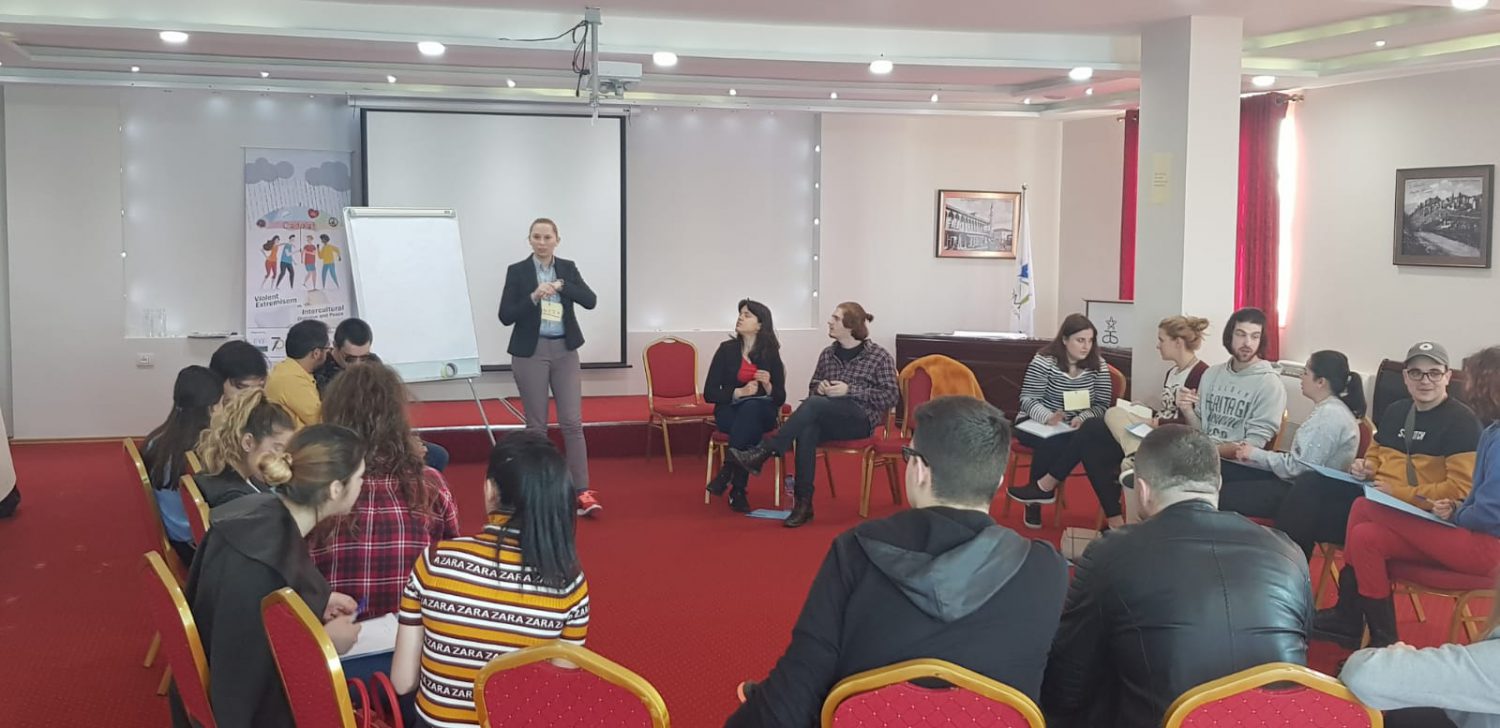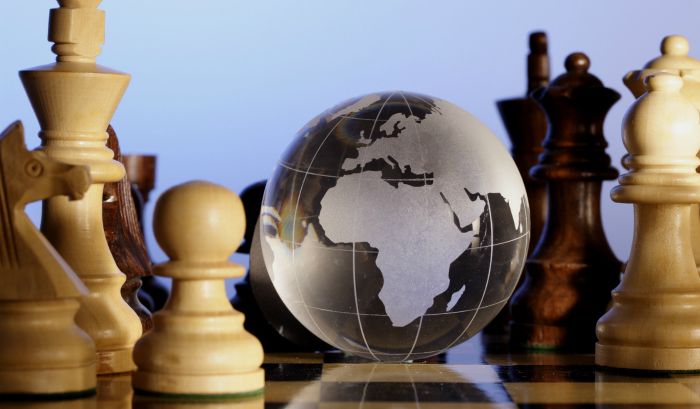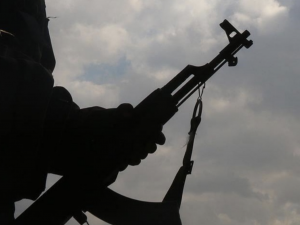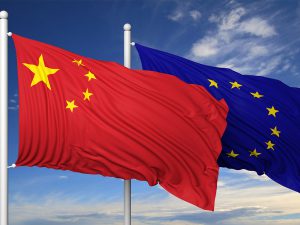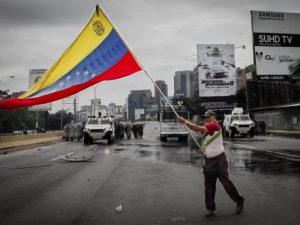It is evident that the world has entered into a new geopolitical phase, which is more and more uncertain, and so far in history, there were never more „players“ who can influence the world’s flow. After the Cold War, according to many geopoliticians, international relations along with military and economic affairs indicate a new phase in New World Order. All of the mentioned above create new risks and uncertainties, so international relations are about strengthened unconventional military activities, including new cyber challenges, hybrid wars, and continued development of new space warfare programs, as well as the development or other modern military systems. The international political practice has been intensified in which strong countries are putting pressure on smaller and weaker countries, as the global tensions between super forces are amplified. Also, there are increasingly aggressive geo-economic wars that are causing glowing pressure on the medium-developed and underdeveloped countries.
The famous line of prominent Prussian theorist Carl von Clausewitz (1780 – 1831) „War is the continuation of politics (policy) by other means“, which was used in his famous novel „On War“. The novel offers a good description of the theory that war is just one of the geopolitical means used in order to achieve certain goals. Some geopoliticians are using a story from the Old Testament to explain the nature of the world conflicts. The story tells about two conflicting mythical creatures. The creatures are described as the Leviathan and is shown as a whale, and the Behemoth is depicted as a bull, as the sea and the land is in an irreducible struggle for domination over the planet.
Mackinder’s theory
British geopolitician Sir Halford Mackinder (1861 – 1947), 114 years ago, one of the most prominent figures of British Empire, in his novel „The Geographical Pivot of History“ (1904), had formulated the theory of Heartland (The World Island), more intuitively rather than analytically. He predicted a battle in which the land force would cause the dominance of naval force. The Land force according to Mackinder is Russia, which can carry out attacks on all four sides of the world, as well as handle the eventual attacks from all sides except on the north. If Russian Federation gains dominance on the outskirts of Euroasia. It would allow its extensive continental potentials to build a fleet, and that would be an emergence of the world empire which is achievable in case of Germany as a central force is joined by Russia (Mackinder, 1904). Mackinder summarised his theory as: “Who rules East Europe commands the Heartland; who rules the Heartland commands the World-Island; who rules the World-Island commands the world. Mackinder’s theory points exactly on benefits of Heartland, World Island which would be independent of overseeing transports in order to supply military complex, and would be invincible once it reaches a certain level of technological development. He also considered island countries such as Japan, Britain and United States of America highly dependent of naval fleet as means of defence, which required a lot of maritime transport to reach the level of technological development of the World Island (Heartland), which on the contrary contained all the resources needed to develop its own economy.

Mackinder’s theory as shown on the World Map
If we take a look at Russia today and its natural wealth, above all there is fact that 20 percent of the world’s oil stock and 27 percent of the world’s natural gas reserves, besides that the largest reserves of fresh water are located in Russia, along with 40 percent of the world’s reserves of platinum, gold, silver, nickel, cobalt and one fifth of all forestry resources on the planet, then all mentioned above makes this theory „hold water“.
Spykman’s theory
American geopolitician Nicholas J. Spykman, who is considered to be the father of the conception of restricting Russia, complemented Mackinder’s theory in his papers “America’s Strategy in World Politics” (1942) and “Geography of the Peace” (1944). Spykman emphasizes that the key role in world geopolitics and influence in Eurasia does not belong to the Heartland but rather Rimland, a band of territories that will limit the influence of the Heartland by comparing it with the squeeze of anaconda. The goal of Rimland is to be focused on controlling these territories and strengthening their influence on it. Rimland controls the mainland and land forces over its forces from the sea, and its formula reads: The one who dominates Rimland, dominates Eurasia, the one who dominates Eurasia, has the fate of the world in its own hands. Therefore, Eurasia’s rimland, the coastal areas, is the key to controlling the World Island. Explanation – The rimland contains the Heartland. Spykman theorized that the leading country in Rimland is the United States of America and that they could become the ruler of the world in the manner described. Nicholas Spykman was greatly inspired by the American Admiral, who was a historian and geostrategic Alfred Thayer Mahan, or his work “The Influence of Sea Power upon History” (1660-1783), published in 1890. Mahan considered maritime power as a key factor to the global strategic positioning of the country, and later derived from it was the saying “Whoever rules the waves rules the world.“ In that regard, naval forces struggle for domination over the seas, starting from the thesis of Mahan and Spykman that the heart of the world (Eurasia) or Mackinder’s Heartland is controlled by the one who oversees the surrounding sea and parts of the land or Rimland. Spykman warned that the World Island should not be allowed to create conditions for the development of the navy, the Soviet Union understood this by the naval doctrine “The Sea power of the state” the famous Admiral Sergei Gorshkov attempted to implement the very development of his own navy in the 1980s, the most striking was the creation of the 5th Mediterranean squadron of warships on the Mediterranean, or Fifth Eskadra, that protected the USSR from attacks from the south and promoting Soviet trade and economic interests. In that case, the development of such a navy by Gorshkov the Soviet navy needed a short time to overcome the defensive role and become the instrument of the influence of the Soviet Union on the world seas. By realizing this plan, the World Island would be able to destroy any of Rimland’s economic, military and industrial locations, while the World Island would be able to position its economy and industry in the inland territories (strategic depths). In this way, the periphery could not sustain itself and would have to go far more only to face a well-equipped industrial bastion.
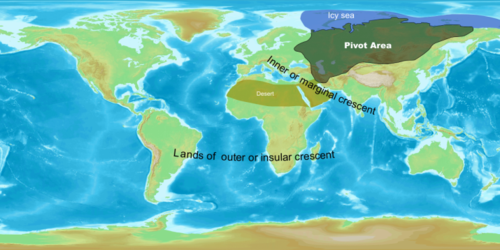
Spykman’s Theory Map
When compared with Hitler’s Germany attacked the USSR, and Stalin’s strategic relocation of the industry far to the east, behind the Urals, which eventually led to the defeat of Naci forces. German geopolitician Karl Haushofer, under the influence of Mackinder, advised Hitler to conclude the Berlin-Moscow alliance, leading to the signing of the Molotov-Ribbentrop Pact between Germany and the USSR in 1939. An agreement that was potentially a nightmare for Mackinder, but the course of the history has gone in the other direction.
Modern geopolitics
Today, Europe is increasingly referring to Europe from Paris to Vladivostok, joining by Beijing in a past couple of years, making the old dream of continental geopoliticians about joining the German industry with Russian natural resources and military technology, came true. Of course, added to this is the new/old center of power that changes the role of Japan from the twentieth century and places modern China with its capacities as a world factory. Some indicators already say that China has gained the role of the world economy as number one, so today it claims to become a global player who will replace the United States, which is best illustrated through the expansion of the “Silk Road” project. This massive geopolitical and geo-economic project is vital to revitalizing the historic Euro-Asian trade links and reconnecting the Asian and European markets, thus expanding the economic outlines of the giant Mackinder’s World Island through the network of roads, both land and sea, and of course the aerial communication networks all of which enabled the huge economic gain of China.
Chinese, first and foremost, military strategists have identified China’s vulnerability to the sea and shifted its doctrine to maritime policy, and China is rapidly transformed into a true naval force under accelerated circumstances. China, along with the Russian navy, tries to parry American naval power as well as the power of American allies. It should be noted that all the continental forces that have attempted to build naval power, after the massive resources they have spent, have failed with success since Sparta, Persia, Imperial Germany, the USSR.
According to current activities, Russia and China today, on the principle of Mackinder’s Heartland, are trying to challenge US power on the global scene. For now, the powers of the sea from the Baltic to the Pacific are successfully fulfilling their task of „squeeze of anaconda“ by Spykman, through various alliances and pacts (NATO, ANZUS, SEATO, CENTO) strengthening Rimland’s position. However, the situation is not so simple, as shown by the growing number of crises generated at meeting points such as Syria, Ukraine, Kosovo, and Afghanistan, which is the result of the struggle of these two opposing strategies. There is a growing number of initiatives on the other side (BRICS-SCO), striving for China to emerge confidently on the world’s seafront as a direct challenge to US naval power, and the return of the Russian military complex through a scientifically technical step forward by modernizing its army and equipping it with weapons and gear of the latest generation.
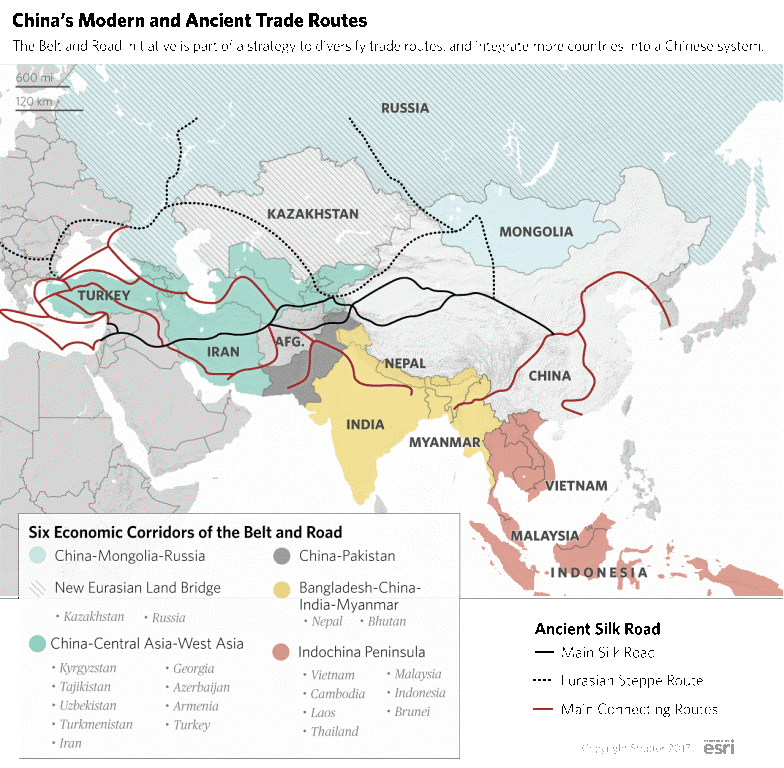
Who will emerge as a winner or other solutions will be made, the time ahead will surely show us, or maybe the world will never see the real winner. Future will tell if all of this leads to changes in the international political scene, which will nevertheless lead to improvements in the quality of life of all mankind or will lead to the destruction of everything that has been painfully built and acquired through the lifespan of human civilization. The rest of the world is left with the ability to observe all this and keep the famous sayings: “When strong ones start a fight, weak ones should hide under the table”.


